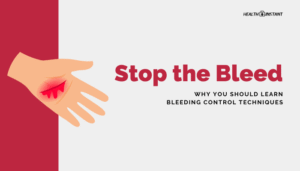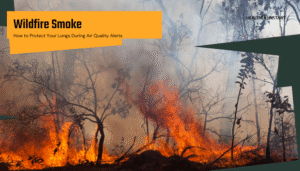Stop the Bleed: Why You Should Learn Bleeding Control Techniques
Introduction Seconds count when someone is severely bleeding. Rapid blood loss can lead to shock or even death if not quickly managed. Knowing bleeding control techniques—like applying direct pressure, packing wounds, or using a tourniquet—em...
Read MoreDIY First Aid: How to Handle Common Injuries When Help Isn’t Immediately Available
Introduction Sometimes, you might be far from professional medical help—like hiking in remote locations or stuck indoors during severe weather. Knowing how to provide immediate first aid can prevent complications and, in some cases, save lives....
Read MoreEmergency Go-Bag Checklist: Medications and Health Essentials to Pack
Introduction Disasters—from hurricanes to wildfires, earthquakes to sudden evacuations—can occur with little warning. Having a go-bag (or “bug-out bag”) ready ensures you can leave quickly with vital supplies to protect your health. While...
Read MoreHurricane Prep for Health: Medicines, Water, and Power Outage Plans
Introduction Hurricanes can strike with powerful winds, torrential rains, and flooding, disrupting daily life and public services. While physical property damage is often in the spotlight, maintaining health and well-being during these storms is ...
Read MoreWildfire Smoke: How to Protect Your Lungs During Air Quality Alerts
Introduction As wildfires become more frequent and intense, many regions regularly face periods of thick smoke. This smoke creates hazy skies, poor visibility, and most critically, harmful fine particles (PM2.5) that can penetrate deep into the l...
Read More




